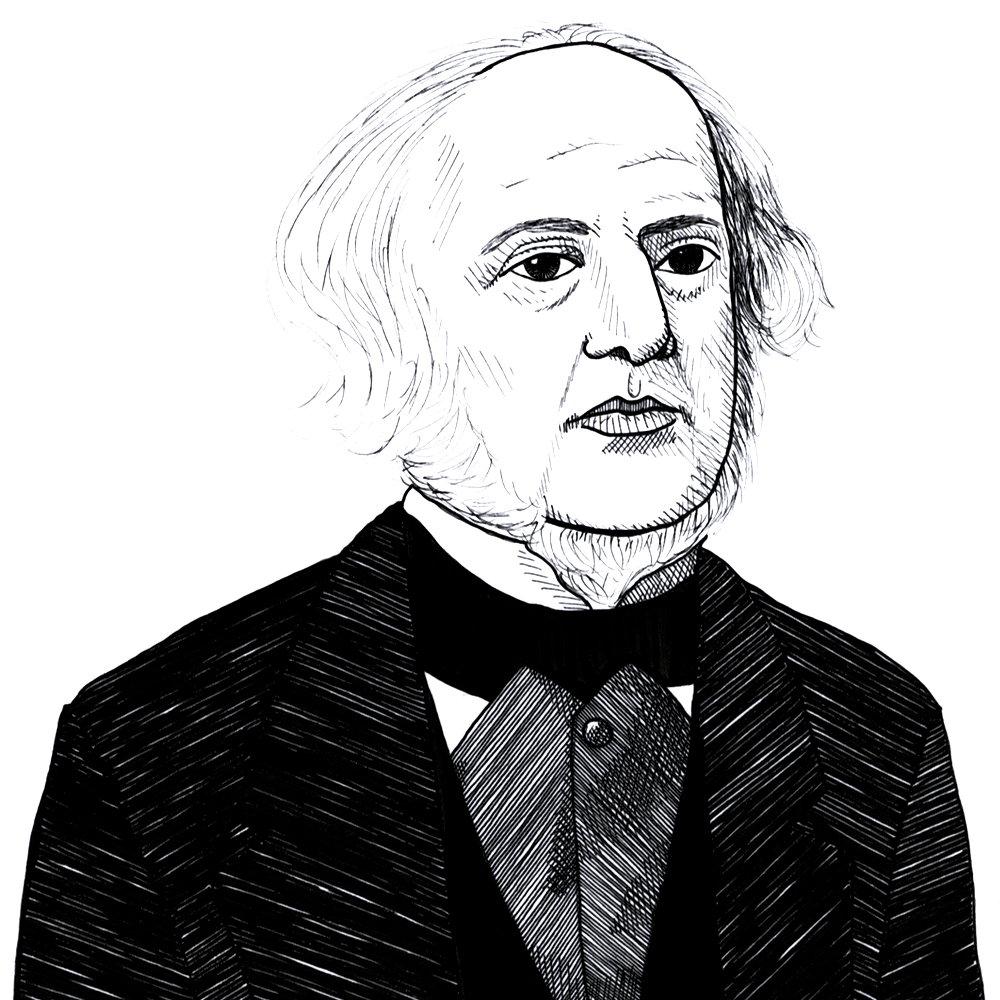
John Bright on war as all the horrors, atrocities, crimes, and sufferings of which human nature on this globe is capable (1853)
Found in: Selected Speeches of the Rt. Hon. John Bright M.P. On Public Questions
The British MP and peace advocate John Bright (1811-1889) gave a speech at the Conference of the Peace Society in Edinburgh in the summer of 1853 to oppose the forthcoming war against Russia (the Crimean War 1854-56). He reminded his listeners that many people who advocate war have never fought in one and that they forget that war inevitably brings with it the “concentration of all the horrors, atrocities, crimes, and sufferings of which human nature on this globe is capable”:
War & Peace
What is war? I believe that half the people that talk about war have not the slightest idea of what it is. In a short sentence it may be summed up to be the combination and concentration of all the horrors, atrocities, crimes, and sufferings of which human nature on this globe is capable…
Well, if you go into war now you will have more banners to decorate your cathedrals and churches. Englishmen will fight now as well as they ever did, and there is ample power to back them, if the country can be but sufficiently excited and deluded. You may raise up great Generals. You may have another Wellington, and another Nelson too; for this country can grow men capable for every enterprise. Then there may be titles, and pensions, and marble monuments to eternize the men who have thus become great; but what becomes of you and your country, and your children? For there is more than this in store…
Precisely the same things will come again. Rely on it, that injustice of any kind, be it bad laws, or be it a bloody, unjust, and unnecessary war, of necessity creates perils to every institution in the country….I confess when I think of the tremendous perils into which unthinking men—men who do not intend to fight themselves—are willing to drag or to hurry this country, I am amazed how they can trifle with interests so vast, and consequences so much beyond their calculation.